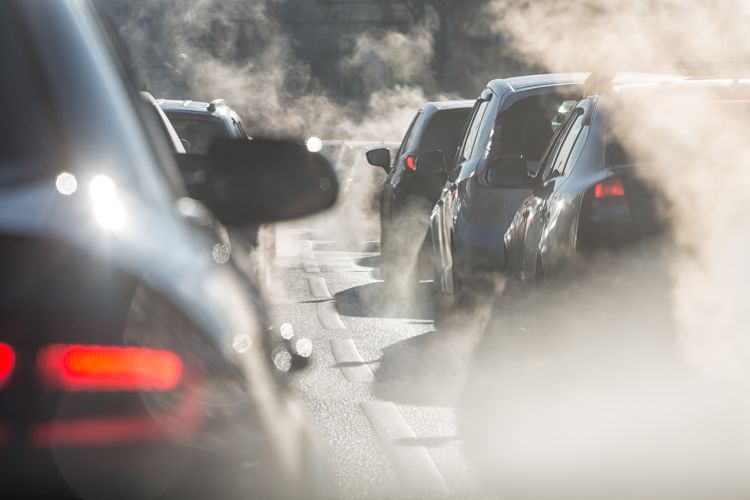According to a new study, a spike in air pollution in the cities of India that are generally known to have cleaner air may cause a higher rise in death rates than in cities that have higher pollution in the air. Therefore, if the same amount of increase in air pollution happens in Bengaluru and Delhi, the raise in death rates will be more in Bengaluru than in Delhi, which has much higher background levels of air pollution.
The study pointed out that however, overall, the cities that had high pollution loads saw a greater fraction of annual deaths attributable to air pollution, with 11.5% of Delhi’s annual deaths attributable to air pollution, and 4.8% in Bengaluru.
The population of Bengaluru had 30% the exposure to daily air pollution that an average Delhi resident is subjected to, as per a first-of-its kind multi-city analysis in India that studies the health effects of short-term exposure to air pollution published in peer reviewed Lancet Planet Health. The scientists analysed pollution and death registry data from Ahmedabad, Bengaluru, Chennai, Delhi, Hyderabad, Kolkata, Mumbai, Pune, Shimla, and Varanasi.
7.2% deaths due to air pollution
According to the study, about 30,000 deaths, or 7.2% of the annual deaths in the 10 cities that were analysed, were due to short-term PM 2.5 exposure. The total daily deaths in these cities rose by 1.42% for every 10 microgram per cubic meter increase in the average PM 2.5 exposure over a two-day period. From air pollution, Delhi had about 12,000 deaths per year, Shimla had 59 deaths, the lowest among the 10 cities between 2008 and 2019. In the same period, Bengaluru had 2,102 deaths.
“Our findings confirmed that the risk of mortality rose more quickly at lower PM 2.5 levels but plateaued as levels increased. Significantly, we found mortality risk to be very high (2.65%) even when analyzing days with PM 2.5 levels below the current Indian national air quality standard of 60 micrograms per cubic meter,” the authors, from multiple institutes in Europe and India, reported.
The variation in mortality in different Indian cities is similar to findings from similar studies in other countries. According to a 272-city study in China, there was a 0.22% increase per 10 microgram per cubic meter increase in PM 2.5. However, death rates were higher in Greece (2.54%), Japan (1.42%), and Spain (1.96%), which had lower base pollution levels.


